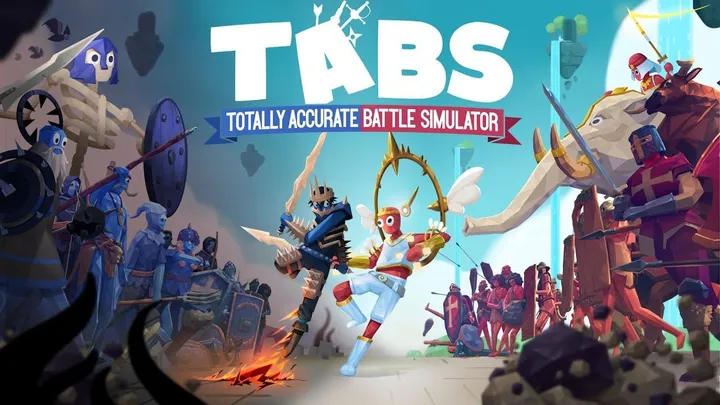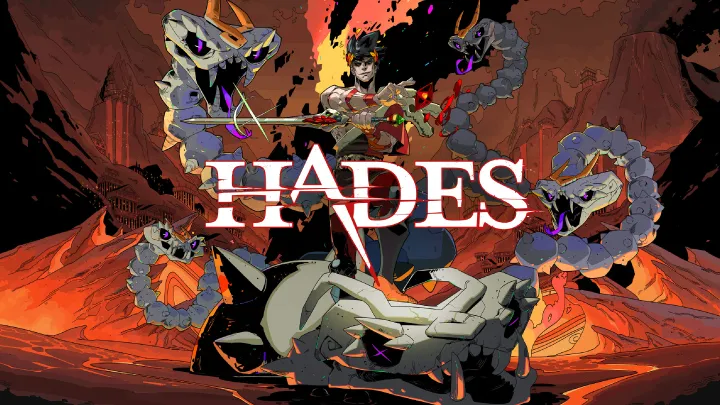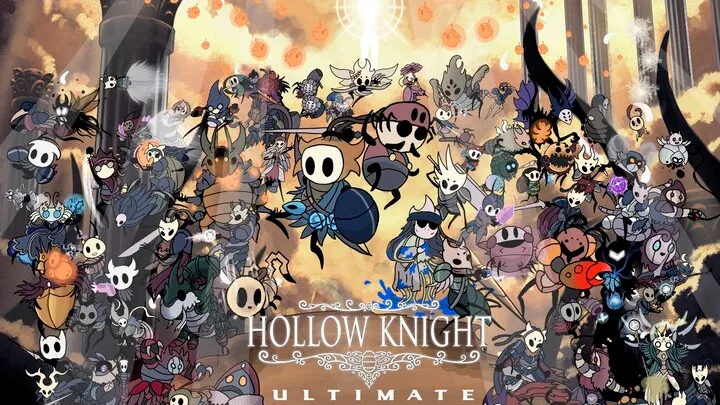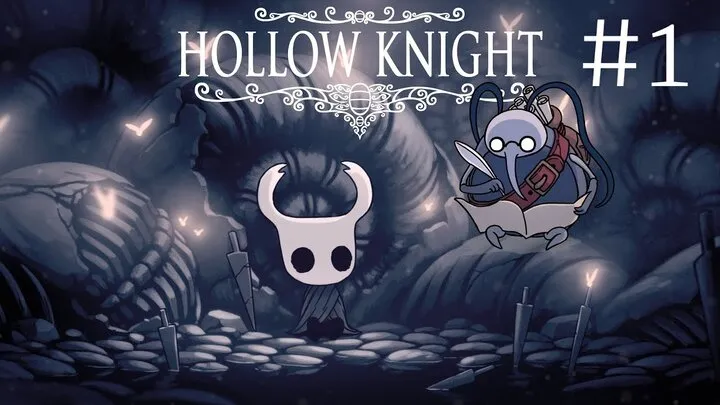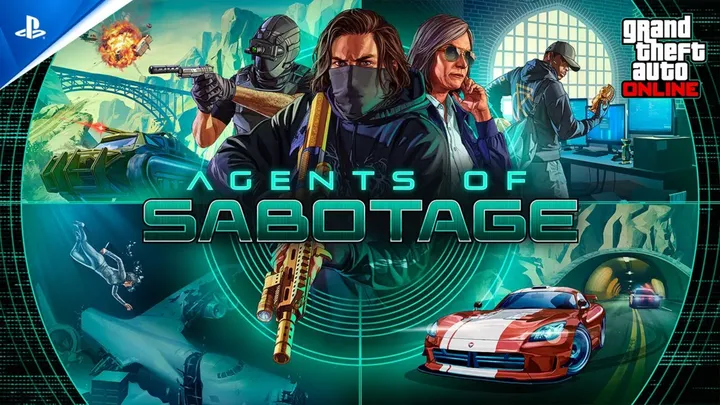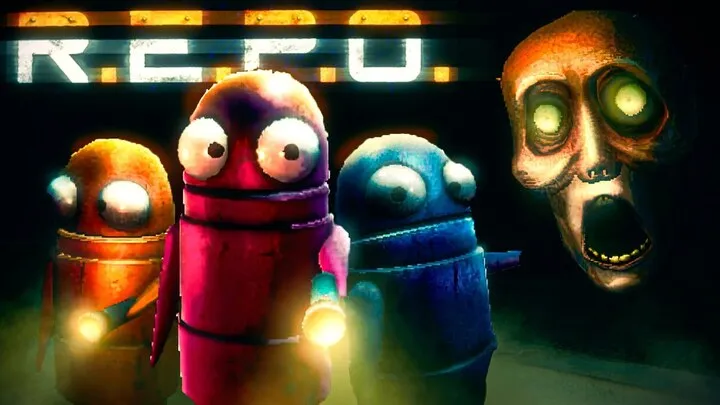Introduction
Dead Island 2, developed by Dambuster Studios, immerses players in a gore-filled vision of Los Angeles overrun by the undead. With its vivid combat mechanics and visceral melee focus, the game offers one of the most satisfying zombie-bashing experiences on the market. Yet, one mechanic dominates conversations among fans: weapon durability. Every swing, slash, or bash slowly depletes the life of a weapon, forcing players to juggle their arsenal, repair often, and constantly search for replacements. While designed to add tension and realism, this system has become one of the game’s most divisive issues.
The First Encounter with Weapon Durability
New players entering Dead Island 2 are immediately struck by the beauty of its gore system. Limbs fly, bones shatter, and weapons feel impactful. However, within minutes of combat, weapons begin to break down. That shiny machete that sliced zombies apart suddenly loses its edge.
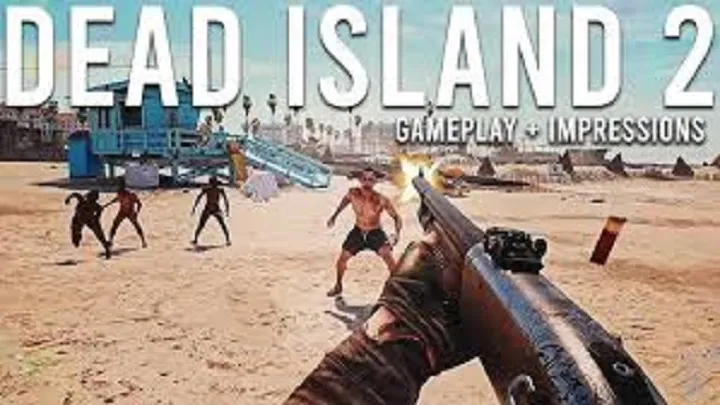
early encounter leaves many torn between excitement and annoyance. On one hand, durability encourages players to experiment with different weapons. On the other, it feels restrictive, making players reluctant to use their favorites for fear of losing them too quickly.
Why Durability Was Introduced
Weapon durability is not unique to Dead Island 2; it has appeared in survival and RPG games like The Legend of Zelda: Breath of the Wild. The goal is to simulate realism and create tension by preventing players from relying on a single overpowered weapon.
H3: Intended Purposes of Durability
- Push players to explore and scavenge more often
- Encourage variety in combat by rotating weapons
- Create tension and resource management challenges
While noble in intent, the system often clashes with player expectations of empowerment in a zombie apocalypse. Instead of feeling like a survivor, players sometimes feel punished for fighting.
The Psychological Impact of Losing Weapons
Weapons in Dead Island 2 aren’t just tools—they carry emotional weight. Players grow attached to their favorites, especially rare or heavily modified ones. When durability drains them into uselessness, it creates disappointment and frustration.
H4: Emotional Reactions Players Report
- Fear of using rare weapons, leaving them to rot in storage
- Anger when a favorite weapon breaks mid-fight
- Anxiety over resource scarcity, overshadowing combat fun
This psychological pressure shifts gameplay focus away from creative combat and toward cautious hoarding, undermining the intended thrill.
How Durability Shapes Combat Flow
Dead Island 2 is at its best when combat feels fluid and chaotic. Players wade into hordes, combining melee swings, environmental traps, and firearms. Durability, however, interrupts this flow.
In long battles, players constantly open menus to swap broken weapons or scramble to find replacements. This breaks immersion and slows pacing. Instead of pure adrenaline, fights often feel like inventory management marathons.
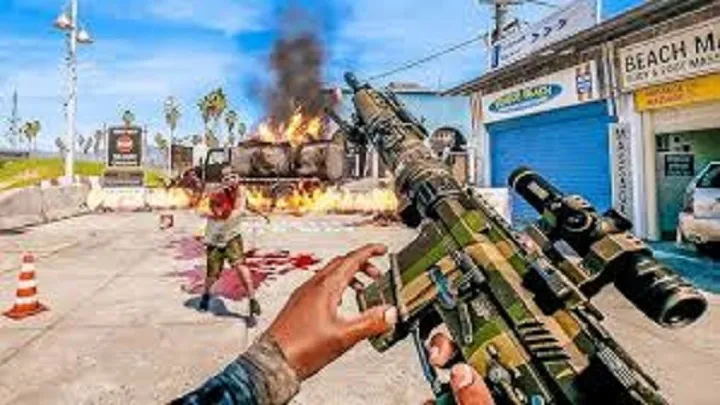
Community Strategies for Coping with Durability
Players frustrated with durability have developed coping strategies to mitigate its impact.
H3: Common Survival Tips
- Always carry a diverse weapon loadout to cycle through
- Save high-rarity weapons for bosses or emergencies
- Use environmental hazards to reduce weapon strain
- Invest in repair and upgrade benches frequently
While these strategies help, they also underline the problem: players must adapt to a system that often feels restrictive rather than empowering.
Comparisons with Other Games
The durability debate is not unique to Dead Island 2. Games like Breath of the Wild received similar criticism, while titles like Skyrim abandoned durability altogether.
H4: Key Comparisons
- Breath of the Wild: Embraces durability as core design, but frustrates some fans
- Skyrim: No durability, allowing players to build long-term attachment to gear
- Dead Rising: Durability exists but is offset by a humorous abundance of weapons
Dead Island 2 sits somewhere in the middle: weapons feel special, but not abundant enough to make constant breakage fun.
The Balance Between Realism and Fun
Durability is often defended as “realistic.” In real life, weapons degrade. Yet, realism in games should enhance fun, not diminish it. Zombie games thrive on empowerment—players want to feel like survivors who grow stronger, not weaker with every swing.
The challenge lies in balancing survival tension with player enjoyment. Too much realism, and the game feels like a chore. Too little, and survival loses meaning. Dead Island 2 leans toward realism, sometimes at the expense of fun.
Possible Improvements for Future Updates
Durability doesn’t need to be removed entirely to satisfy players. Instead, adjustments could make the system more rewarding and less frustrating.
H3: Potential Solutions
- Slower durability loss for rare weapons
- Abilities or perks that extend weapon life
- Special crafting systems to preserve favorite weapons
- Optional “hardcore” mode with harsher durability for players who enjoy it
Such improvements would give players more control, reducing frustration while keeping survival tension intact.
What Weapon Durability Teaches About Game Design
Dead Island 2’s durability controversy highlights a broader lesson: survival mechanics must walk a fine line between tension and frustration. Players should feel challenged, not punished. When mechanics interfere with core enjoyment—in this case, the thrill of smashing zombies—they risk alienating part of the audience.
This issue serves as a reminder that immersion, pacing, and empowerment are as important as realism in game design. Durability can work, but only when balanced carefully with player psychology.
Conclusion
Dead Island 2 thrives on visceral combat, gorgeous gore systems, and an atmosphere of chaos. Yet, weapon durability remains its most divisive mechanic. While intended to add survival depth, it often creates frustration, breaks combat flow, and discourages players from embracing their favorite weapons. For some, it adds tension and variety. For others, it undermines the joy of zombie slaying.
Ultimately, the weapon durability debate in Dead Island 2 is more than a simple complaint—it is a case study in balancing survival mechanics with fun. Whether future updates adjust the system or leave it unchanged, one thing is clear: the durability controversy will define how many players remember their time in Hell-A.
